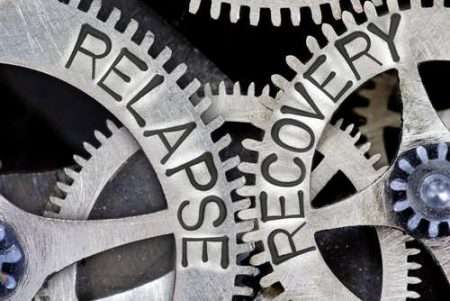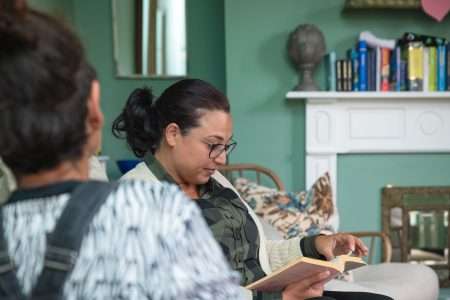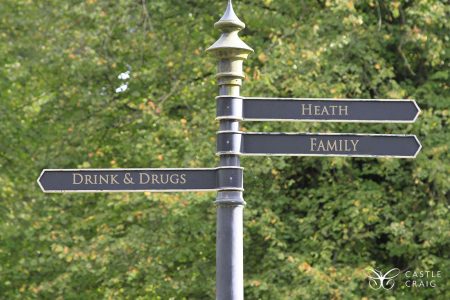There are many ways a person can transfer from prescription painkillers to drug addiction. Addiction happens before a person even realises it often times and it can be difficult to kick the habit without the right support in prescription drug rehab. Find out why some people end up addicted to drugs after taking painkillers and what can be done.
Prescription for Disaster
Prescriptions for opioids and pain killers are on the rise. Unnecessarily prescribing pain pills has led to a greater increase in opioid addiction than has ever been seen. The United States remains the world’s largest consumer of prescription opioids but Europe and the U.K. are not far behind. The epidemic of substance use disorders is on the increase globally while addiction continues to ravage families.
Start with the Doctor
Visits to the doctor are not fun but many people go in seeking relief from painful symptoms. Pain often demands immediate attention. Opium has been abused for many decades because the drug is effective as a painkiller and, when used appropriately, helps relieve pain. Some common painkillers include:
- Hydrocodone
- Oxycodone
- Oxymorphone
- Methadone
- Morphine
- Codeine
Opioids are potent narcotic medications which are meant to relieve severe, acute pain from surgery/trauma or terminal pain in end stage cancers.
How Opioids Work
Opioids bind with receptors in the brain’s reward centre which causes neurochemical derangements and physical changes in the neural pathways. Over time, tolerance builds which requires higher and more frequent doses to achieve pain relief. Higher dosing is required to support prevention of withdrawal symptoms and the person then becomes physically dependent on the drug.
Opioid Addiction
Opioids are, by nature, addictive when taken for long periods of time. It impacts the brain circuitry and addiction may develop rather quickly. Genetic factors play a role as well as other factors. Many other reasons can determine the rate at which people become addicted. Heroin addiction often begins with prescription opioid use. When prescriptions no longer are available, people with addiction may turn to street drugs like heroin to get high. Alcohol and other drugs may also act on opioid receptors so addiction can lead to whatever drink or drug is available.
The best way to prevent addiction is to take note of how many pills are being taken and when. Speak with a healthcare provider about use of opioid medication and possible alternatives. The purpose and therapeutic goal for medication should be clear when prescribed and monitored closely. Use of non-narcotic medication, avoidance of daily, regular use and exercise are just a few ways to promote healthier alternatives to opioid use.
Addiction can happen to anyone, any time. Castle Craig is here to help you if addiction has taken over and you are unable to quit on your own. We have renowned rehab programmes and facilities to support your journey to recovery. Call us at 01721 546 263 to find out more information.



